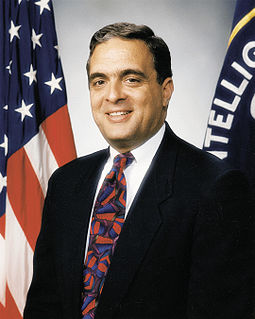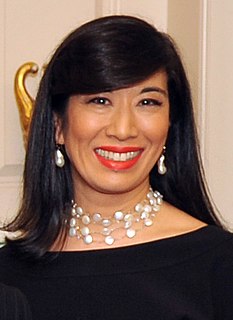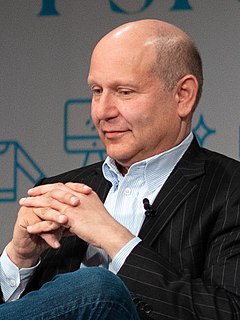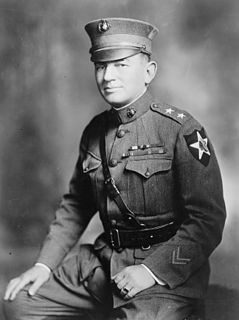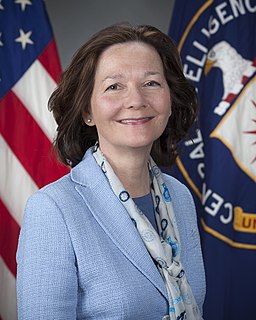A Quote by George Tenet
When I came to the CIA in the mid-'90s, our graduating class of case officers was unbelievably low. Now, after years of rebuilding, our training programs and putting our best efforts to recruit the most talented men and women, we are graduating more clandestine officers than at any time in the history of the Central Intelligence Agency.
Quote Topics
Intelligence
After
Agency
Any
Best
Best Effort
Came
Case
Central
CIA
Clandestine
Class
Efforts
Graduating
Graduating Class
History
Low
Men
Men And Women
Mid
More
Most
Now
Officers
Our
Programs
Putting
Rebuilding
Recruit
Talented
Than
The History Of
Time
Training
Training Programs
Unbelievably
Women
Years
Related Quotes
At the secret CIA training facility called 'The Farm,' aspiring case-officers learn how to recruit spies and steal secrets. As a former CIA officer, this is where I was taught that in order to successfully recruit an asset, I must first understand what would motivate an individual to cooperate with the CIA in the first place.
As a nation we have, over the past seven years, been rebuilding our intelligence with powerful capabilities that many thought we would no longer need after the Cold War. We have been rebuilding our clandestine service, our satellite and other technical collection, our analytical depth and expertise.
What's less well known is that the CIA's executive management staff is far more concerned with selecting the right candidates to serve as CIA officers than it is about selecting agents overseas. The CIA dedicates a huge portion of its budget figuring how to select, control, and manage its own work force. It begins with instilling blind obedience. Most CIA officers consider themselves to be soldiers. The CIA is set up as a military organization with a sacred chain of command that cannot be violated. Somebody tells you what to do, and you salute and do it. Or you're out.
We have to enforce training that is more emphasized on de-escalation tactics and crisis management control. Once we do that, then we have to put measures in place to reward the officers who are the good officers, which is the majority of them. Then we have to hold accountable the officers that are not abiding by the policies and those laws.
The relationship between officers and men should in no sense be that of superior and inferior, nor that of master and servant, but rather that of teacher and scholar. In fact, it should partake of the nature of the relationship between father and son, to the extent that officers, especially commanding officers, are responsible for the physical, mental, and moral welfare, as well as the discipline and military training of the young men under their command.
In carrying out every aspect of our work, CIA officers are guided by a professional ethos that is the sum of our abiding principles, core values, and highest aspirations. These include service, integrity, excellence, courage, teamwork, and stewardship. Sacrifice, too, is an inescapable part of our mission.
At a time when the average student is graduating from a four-year college $27,000 in debt, when hundreds of thousands of capable young people no longer see college as an option because of high costs and when the U.S. is falling further and further behind our economic competitors in terms of the percentage of young people graduating from college, no agreement should be passed which, over a period of years, makes a bad situation worse and will make college even less affordable than it is today.
